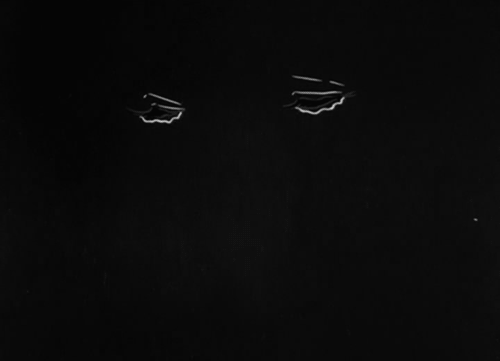The U.N. in Haiti
When Protectors Turn Predators

By Diana Jean Schemo -Jan 12, 2015
“United Nations forces in Haiti have become as familiar as the country’s barren hillsides,” writes Kathie Klarreich, in the opening of a new 100Reporters series on the conduct of UN troops in Haiti. The international troops first arrived in 1993, and have been there on and off ever since. Most recently, they came in 2004 to quell post-election violence. The blue helmets managed to restore a measure of stability, but critics say they have fostered a culture of exploitation and impunity.
Today, five years after the earthquake that devastated Haiti, 100Reporters looks at the United Nations’ legacy of sexual assault in that country. While Haiti is home to only seven percent of UN forces deployed worldwide, troops there account for some 26 percent of the complaints of sexual exploitation and assault. Justice is virtually unheard of. In most instances, troops are simply sent home, and victims never testify before a court or see their rapists punished. The children they leave behind become the responsibilities of their already impoverished mothers. According to a UN report last year, to the organization’s knowledge, not a single paternity claim against UN troops has led to a Haitian mother receiving child support from the children’s fathers.
Haiti Broken Trust
Diana Schemo
Diana Schemo
“This is not fair,” said Olga Benoit-Felix, a representative of the nonprofit FANM Solidarité Ayisyen, a victim’s advocacy group. “This is unjustice.”
Diana Jean Schemo
Diana Jean Schemo is co-founding executive editor of 100Reporters and an award-winning former foreign, national and cultural correspondent for The New York Times and the Baltimore Sun.
Diana Jean Schemo is co-founding executive editor of 100Reporters and an award-winning former foreign, national and cultural correspondent for The New York Times and the Baltimore Sun.
Read the full story here
*
No comments:
Post a Comment